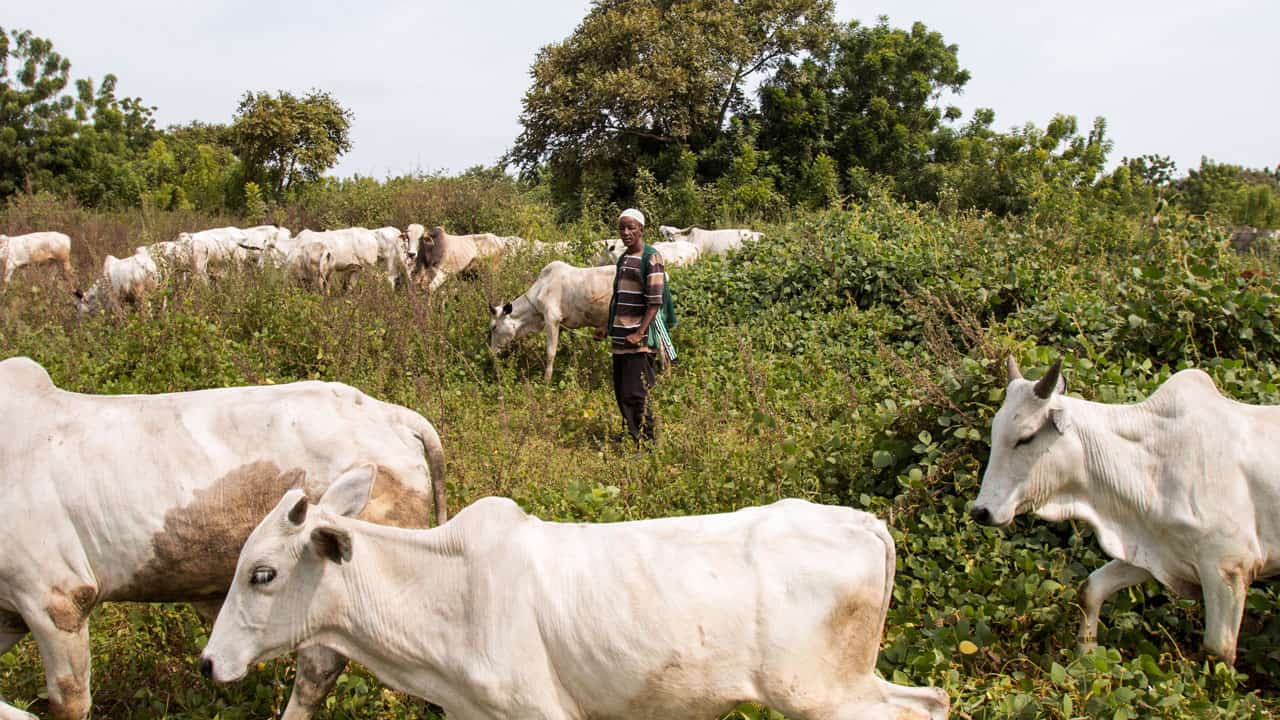Prof. Victor Olowe, from the International Society for Organic Agriculture Research (ISOFAR), has called on organic livestock producers to embrace the use of oilseed cakes to curb production shortages in Africa.
The don noted this during a zoom presentation organized by the Journalists Go Organic Initiative on the production of oilseed crops and value chain, explaining that agronomy of tropical oilseeds is a great area of research interest but the value chain is not yet utilized.
Olowe analyzed that lack of organic feed is the major constraint of organic livestock production in African countries, and that increase in organic oilseed production and processing will drastically lead to increase in the availability of organic feed ingredients for animal consumption.
RMRDC partners OAU, Others on Livestock Value Chain Development
According to him, Nigeria is currently the second largest producer of soybean in Africa after South Africa, second largest producer of sesame in Africa after Tanzania, and the fourth in the world behind Myanmar, India and Tanzania.
He went on to disclosed that Nigeria’s installed yearly soybean crushing capacity is 600,000 tonnes and the crushers are operating at 60 per cent level, resulting in their inability to meet the ever-growing demand for soybean oil and meal for animal feeds.
Substitution of Maize for Cassava Peels in Livestock Production
“The volume of organically produced soybean is less than 0.1 per cent of total world production, while the demand for organic soybean has been increasing gradually in the last decade,’’ he said.
The prof. lamented that most of the sesame seeds produced in Nigeria are exported outside the country illegally, due to the high level of smuggling of vegetable oil across the borders, resulting to lack of accurate data on the volume of the total organic oilseeds produced in the country



